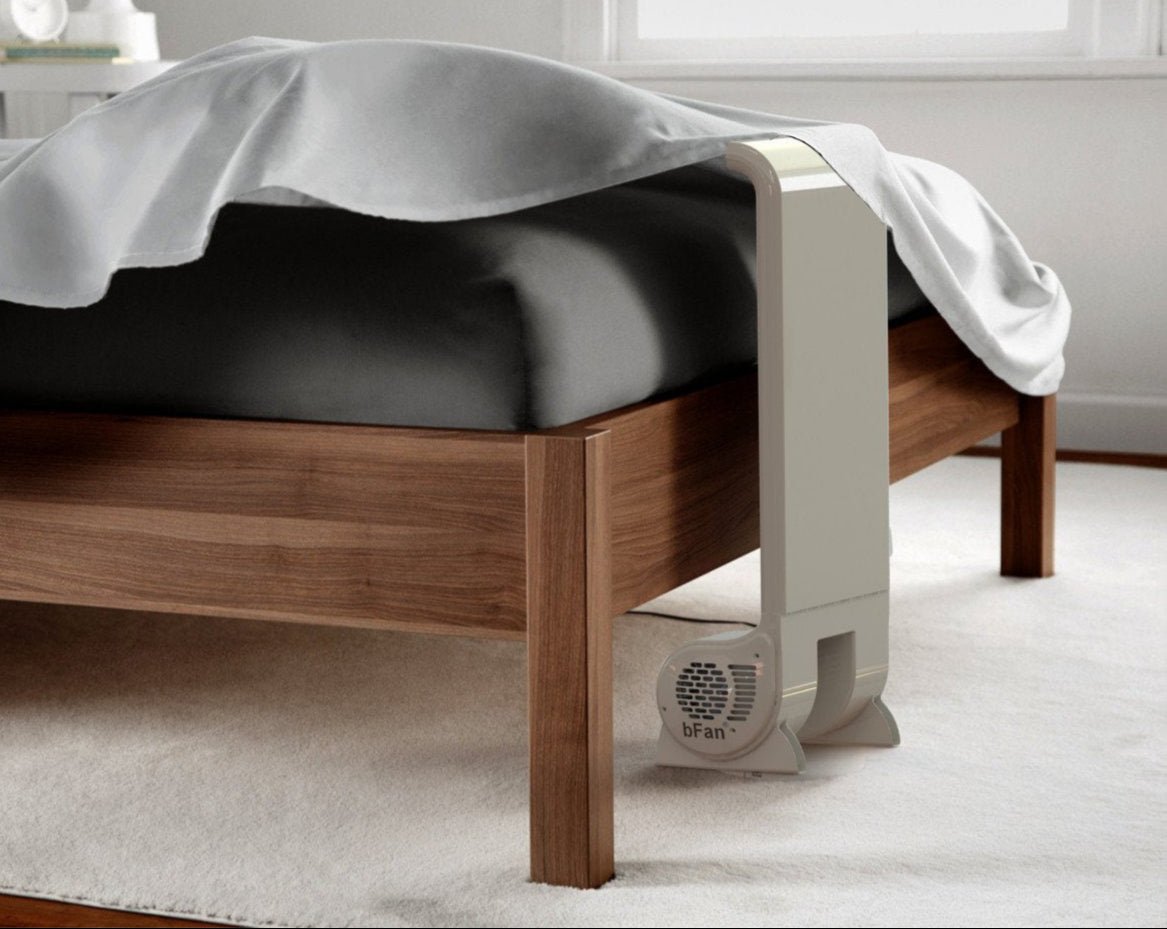Night Sweats Defined
Mayo Clinic defines night sweats as episodes of very heavy sweating during sleep, in which the clothing and sheets are often soaked. Night sweats are specifically not caused by factors such as being hot from sleeping under a large number of blankets. Instead, they are caused by the body sweating heavily to adjust body temperature. This need for adjustment is often caused by conditions including:
- Menopause
- Autoimmune disorders
- Drug addiction
- Thyroid disease
- Certain cancers
Adrenal tumors can also cause excessive sweating. The adrenal glands are part of the system that releases hormones into the blood. Hormones are essential to a large majority of the body’s processes. The body has two adrenal glands, with one being located on the top of each kidney. Tumors on adrenal glands stimulate excessive catecholamines hormone production, resulting in pheochromocytoma, which causes profuse sweating at night.
Carcinoid tumors may also cause night sweats. These tumors are a type of neuroendocrine tumor that comes from neuroendocrine cells. It’s a slow-growing cancer that can appear in different areas of the body. These tumors are found in children and young adults to be in either the appendix or lungs. In adults, they are more likely to be found in the digestive tract. There’s not yet a clear indication of why night sweats can be a symptom of these tumors. Night sweats may also occur with:- Mesothelioma
- Bone cancer
- Liver cancer
Why Does Cancer Cause Night Sweats?
It’s not clear why some of these cancers cause night sweats. The two most likely causes are either hormones or the body trying to fight off cancer, thus causing fevers and excessive sweating. Cancer treatments, such as chemotherapy, can also cause night sweats, as can hormone-altering medications and morphine.
The best way to treat night sweats from cancer is to make changes within your sleep environment. Wearing light, loose, and breathable clothing is a good start, as tight-fitting clothes trap heat and only worsen the sweating. The best material for breathable pajamas is Supima cotton. This type of cotton is extra-breathable and feels cool on the skin.
You should also invest in new bedding to help with night sweats. Lightweight, breathable sheets can help reduce sweating. You should also ensure that the comforter you’re using is not too heavy and heat-trapping but also light and breathable. Beyond just the bedding, mattresses can also play a big part in night sweats as particular mattresses will retain heat. Cooling mattresses are beneficial, but can also be pricey, so you could instead opt for a cooling bed topper.
Keeping your room cool with the help of AC or fans is also integral to keeping the body cool and preventing night sweats. This is where the BedFan comes into play, as it offers a unique ability to blow cool air under the sheets instead of just relying on cool air in the room. This airflow directly onto the body relieves people suffering from night sweats.
Share

